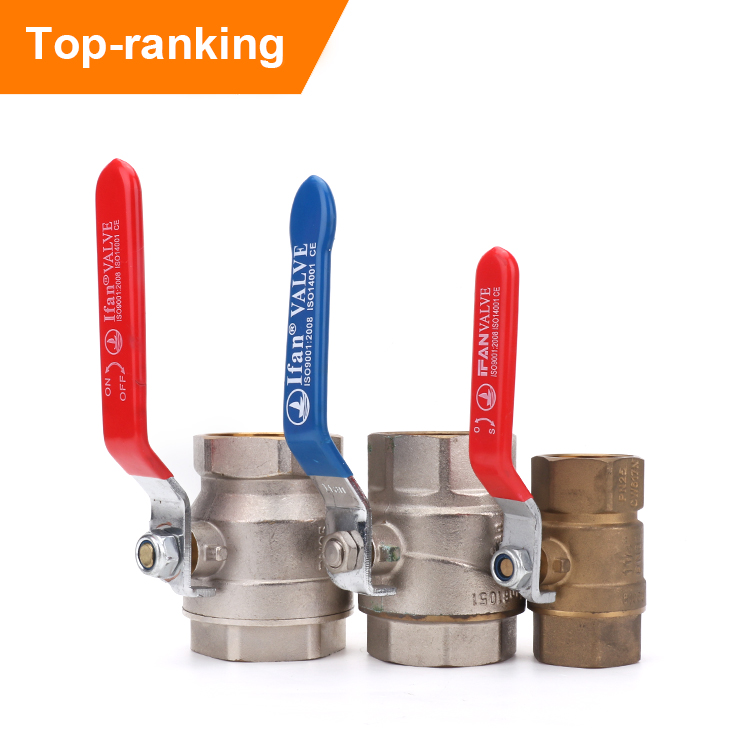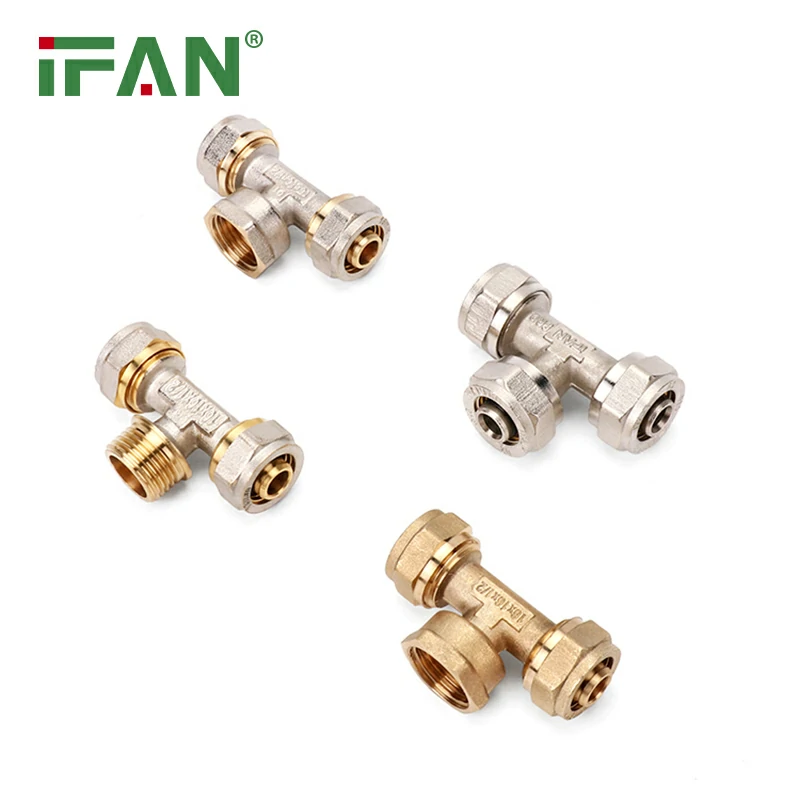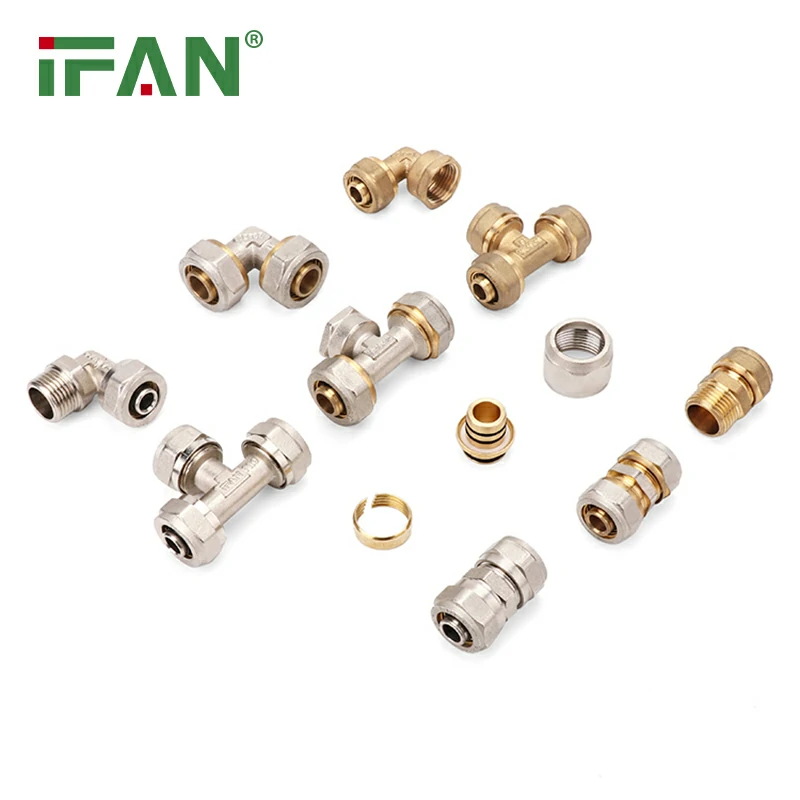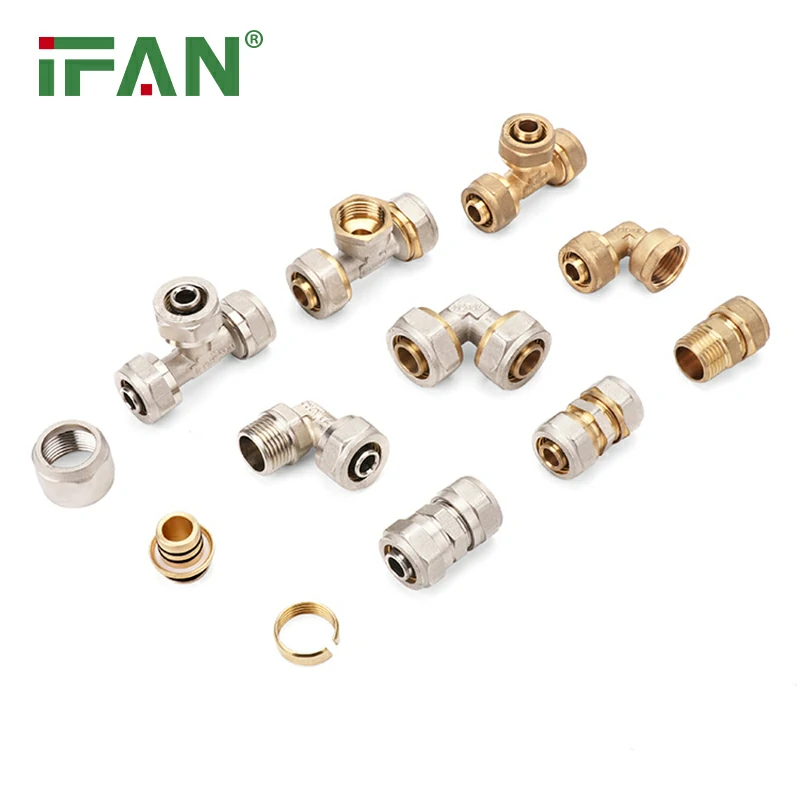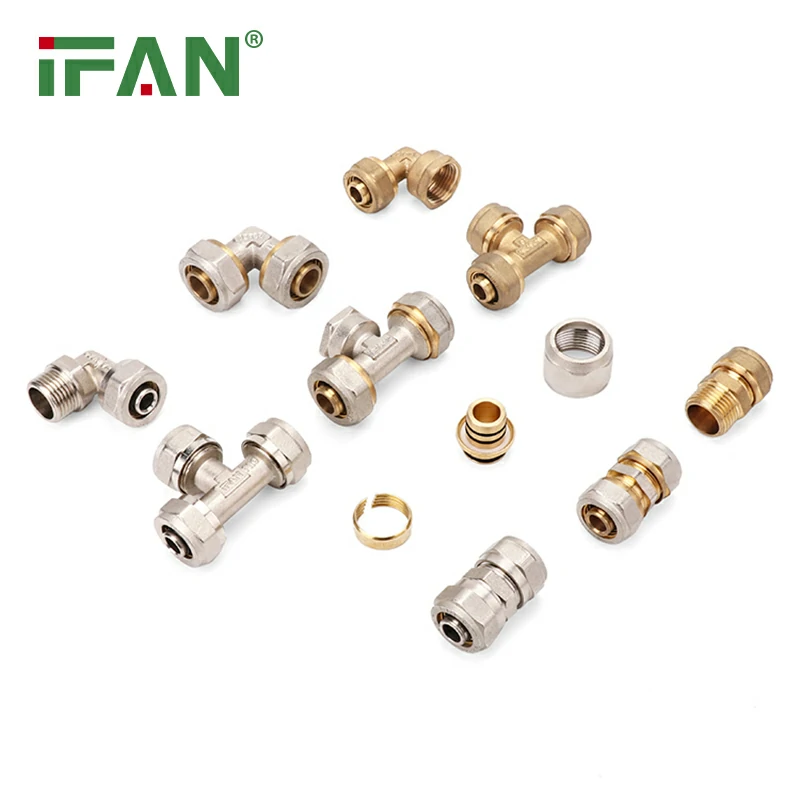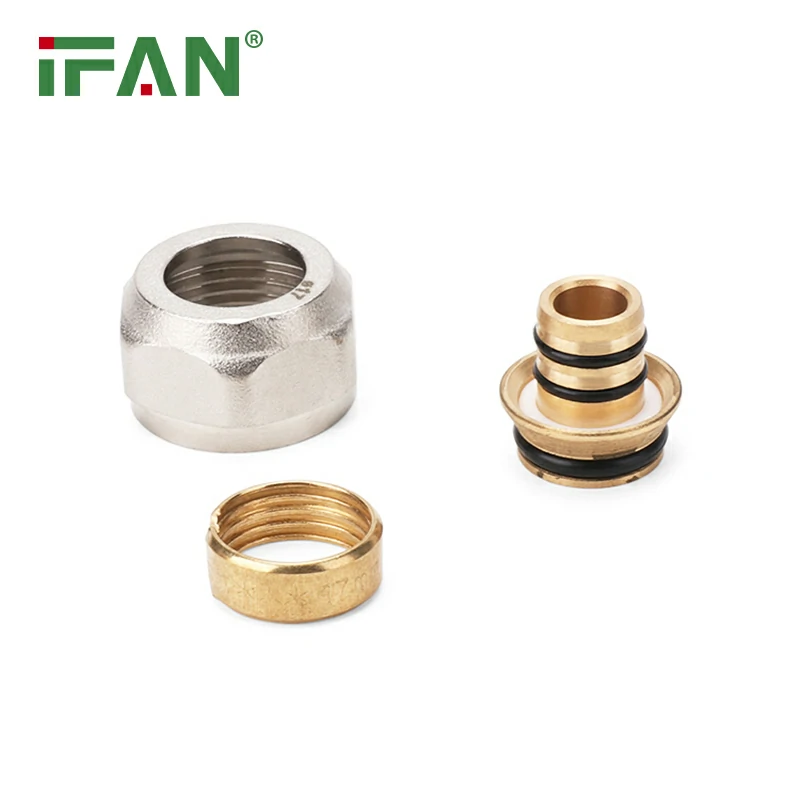Industrial Applications of Brass Ball Valves: A Closer Look
Introduction
Brass ball valves are versatile and widely used in industrial settings due to their durability, reliability, and excellent flow control capabilities. In this article, we will take a closer look at the various industrial applications of brass ball valves. Let’s break down this topic into easy-to-understand sections.
1. Oil and Gas Industry
The oil and gas industry heavily relies on brass ball valves for various applications. These valves are used in pipelines, refineries, and offshore platforms to control the flow of oil, gas, and other fluids. Brass ball valves provide reliable shut-off and allow for quick opening and closing, making them ideal for emergency shutdown systems. Their resistance to corrosion and high-pressure capabilities make them suitable for the demanding conditions of the oil and gas industry.
2. Water and Wastewater Treatment
Brass ball valves are extensively used in water and wastewater treatment plants. They are employed in piping systems to regulate the flow of water, chemicals, and other fluids. These valves are resistant to scaling and corrosion, ensuring long-term performance in harsh environments. Brass ball valves also offer excellent shut-off capabilities, preventing leakage and maintaining system efficiency. They are commonly used in control systems, pumping stations, and filtration systems.
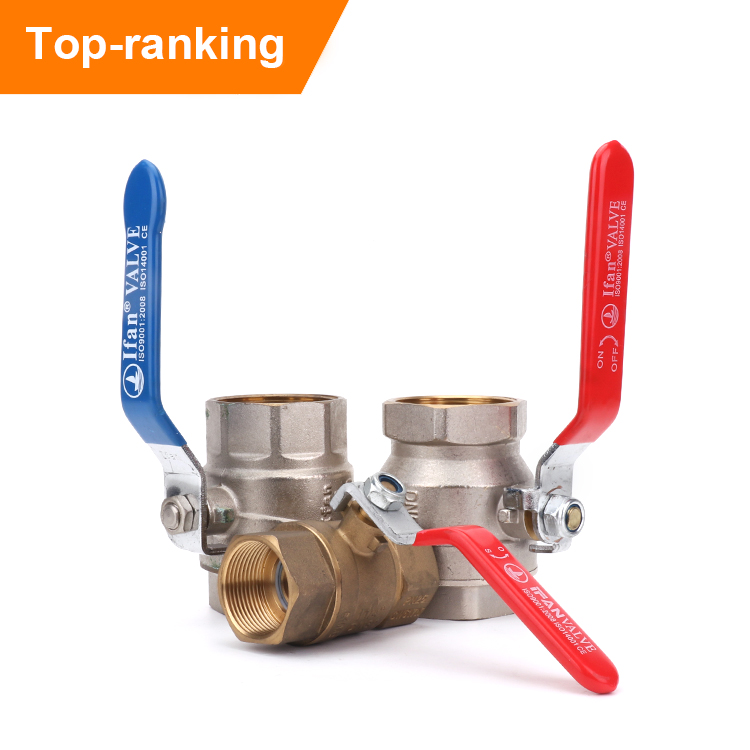
3. HVAC Systems
Heating, ventilation, and air conditioning (HVAC) systems utilize brass ball valves for temperature regulation and fluid control. They are employed in HVAC piping systems to control the flow of water, refrigerants, and other fluids. Brass ball valves offer precise control and are known for their tight shut-off capabilities, ensuring efficient operation of HVAC systems. Their durability and resistance to temperature variations make them a reliable choice for HVAC applications.
4. Chemical Processing
Brass ball valves find extensive use in chemical processing industries. They are employed in pipelines and storage tanks to control the flow of various chemicals and corrosive fluids. Brass ball valves are resistant to corrosion and chemical attack, making them suitable for handling aggressive substances. Their ability to withstand high temperatures and pressures makes them an ideal choice for applications in chemical plants, where safety and reliability are paramount.
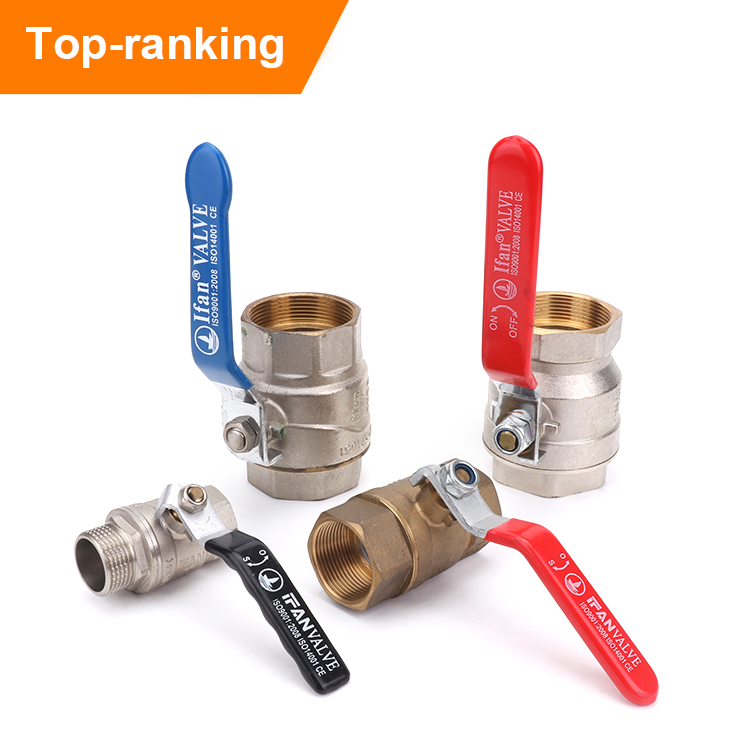
5. Manufacturing and Industrial Processes
Brass ball valves play a crucial role in manufacturing and industrial processes across various industries. They are used for controlling the flow of liquids and gases in production lines, machinery, and equipment. Whether it’s regulating the flow of coolant in machining operations or controlling the flow of compressed air in pneumatic systems, brass ball valves offer efficient and reliable performance. Their easy operation, durability, and versatility make them a popular choice in manufacturing and industrial applications.
Conclusion
The industrial applications of brass ball valves are diverse and extensive. From the oil and gas industry to water treatment plants, HVAC systems, chemical processing, and manufacturing processes, brass ball valves provide reliable flow control and excellent durability. Their resistance to corrosion, high-pressure capabilities, and precise shut-off make them a preferred choice for demanding industrial environments. Whether in controlling fluids or ensuring safety, brass ball valves play a vital role in enhancing operational efficiency and productivity across various industrial sectors.
